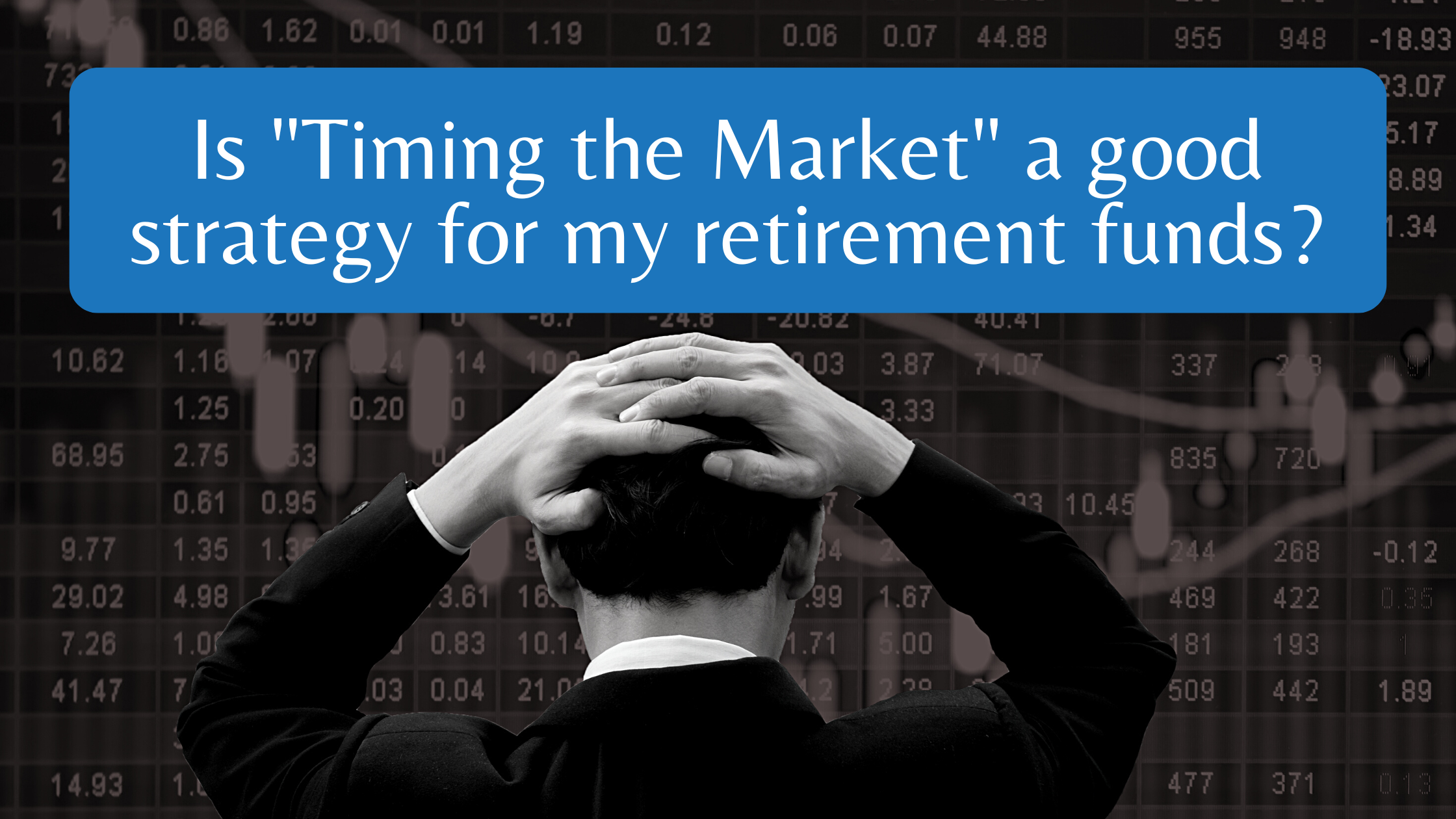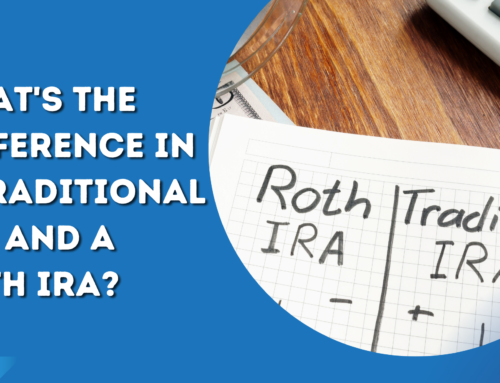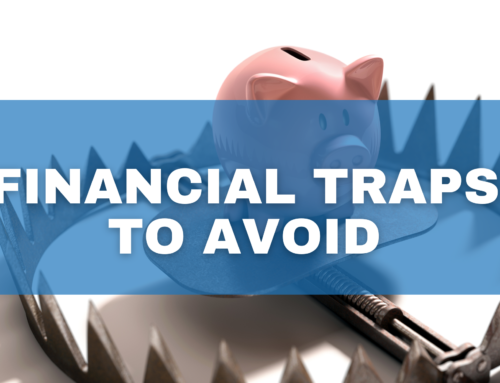As I’m typing this, the S&P 500, the broad market index that is used as the common test of “how the market is doing” is down about 14% in 2022. That’s up from a low of around 23% back in June. Basically, 2022 hasn’t been a great year in the stock market. You’re probably fully aware if you’ve logged on to check your 401k balance or accidentally clicked on one of those financial news networks.
This kind of volatility leads some to reconsider their current investment strategy. Investors worried about their account balance (or the economy, inflation, war, etc.) might try “timing the market” but is this the best strategy for your retirement nest egg?
What is timing the market?
Timing the market is defined by Investopedia.com as “the act of moving in and out of the market or switching between asset classes based on using predictive methods such as technical indicators or economic data.”
So basically, you’re taking an educated (hopefully) guess as to where the market is going to do. This is usually based on short term movements. Maybe you think stock XYZ will do well this quarter, so you are going to move some money there and sell later in the year when stock ABC will do well.
Is timing the market possible?
Yes it’s possible. You could easily be the world’s best market-timer….until you aren’t. There are tons of brilliant, minds on Wall Street-with multiple letters and credentials after their names-that get it wrong every day.
You might even see some of these people on the CNBCs and CNNs out there. They throw out a bold prediction about what the market is going to do and millions of people take their advice and buy or sell. But what happens if they are wrong? Do they get held accountable? What percentage of their personal net worth are they banking on their prediction?
Timing the market is possible, but not very likely to continue for any long period of time.
Should I worry about how the market is doing before I invest?
“I’m going to go to cash until things calm down” or “Things are going to get worse until after the election (or XYZ event in our world)” are two phrases that could be the tag lines of market timers. What’s important to remember is the market is usually forward-looking. Meaning that when “things (what does that even mean?) get better” the market has already taken that into account – and those investors have already missed a good portion of the recovery.
I recently read an article that explained the market timing concept very well. It told the story of a hypothetical investor that invested at the worst possible time, the top of the market right before it dropped.
And I don’t mean little hiccups. We’re talking the major market crashes (don’t like that word, but I’ll use it anyway for effect) of the last 50 years.
Was he broke and forced to work up until his death? No, our hypothetical investor wasn’t broke and if he worked it was by his own choosing. What saved Mr. Investor was developing a plan and sticking to it. He invested regularly and didn’t sell when things got worse and he saw his investment dropping like a rock.
He stayed invested and through the power of compounding interest, accumulated a nice retirement nest egg-even though he was just about the unluckiest investor around. I wonder what he talked about on the golf course?
What should I do instead?
Timing the market is really difficult to do on a consistent basis. But what strategy should you use with your investment funds? Your best bet is put together a plan for how you’ll react when the market is bouncing around and stick to your plan. Don’t let emotion around the current market environment derail your well-thought out plan.
If you work with the financial advisor, make sure you understand the strategy you have in place and make sure that person agrees to help you stick to your strategy. Focus on your long-term goals and make sure your strategy helps you achieve those goals.
Content in this material is for general information only and no intended to provide specific advice or recommendations for any individual. All performance referenced is historical and is no guarantee of future results. All indices are unmanaged and may not be invested into directly. All investing involves risk including loss of principal. No strategy assures success or protects against loss. The economic forecasts set forth in this material may not develop as predicted and there can be no guarantee that strategies promoted will be successful.
You can check out other resources on market volatility by clicking HERE
Can't find what you're looking for on our website? Have a question regarding your financial picture? Want to leave us some feedback? We would love to hear from you. You can email me at Brian@TheAeroAdvisor.com or fill out the form below.
By submitting this form, you are consenting to receive marketing emails from: . You can revoke your consent to receive emails at any time by using the SafeUnsubscribe® link, found at the bottom of every email. Emails are serviced by Constant Contact
The opinions voiced in this material are for general information only. They are not intended to provide specific advice or recommendations for any individual, nor intended as tax advice. We suggest that you discuss your specific situation with a qualified tax or legal advisor.






